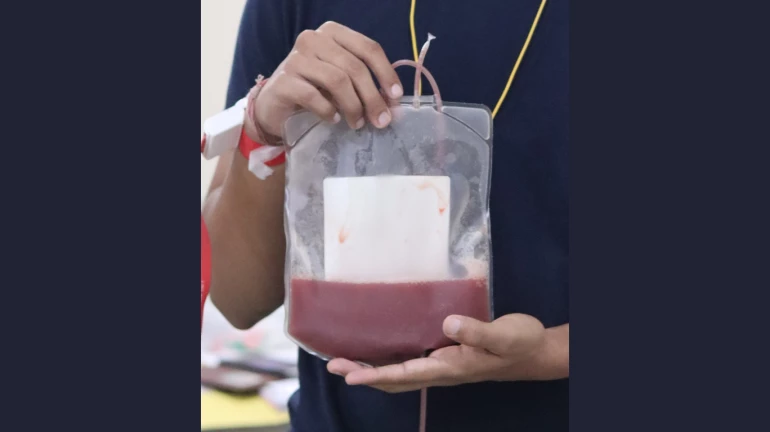
In India, the battle against blood cancer rages on, with an alarming statistic: someone gets diagnosed with this devastating disease every 5 minutes, resulting in over 100,000 incidences of it annually. Blood cancer continues to be a grave public health concern, characterised by its high prevalence and mortality rates. Leukaemia stands as the most prevalent form of blood cancer in India, representing over half of all cases, while Lymphoma and Multiple Myeloma have seen a concerning uptick in incidence in recent years.
A beacon of hope, a stem cell transplant has emerged as a promising treatment option for those battling blood cancer and blood-related disorders. However, the harsh reality is that only a handful of affected individuals find a matching stem cell donor to undergo this lifesaving treatment. This National Cancer Awareness Day, experts from DKMS BMST Foundation India call for an increased awareness of blood stem cell donation and how important it is to register as a potential stem cell donor.
Also Read: Mumbai: Poor Air Quality Leads To A Rise In Cold And Sore Throat Cases
To successfully carry out a blood stem cell transplant, it is crucial to obtain blood stem cells from an HLA-matched (Human Leukocyte Antigen) donor. When blood stem cells are collected from a donor, they are infused into the patient via a transplant process. This infusion allows the stem cells to travel through the bloodstream and eventually find their way to the bone marrow, where they reside. These new blood stem cells increase in number and produce healthy blood cells, replacing the patient’s diseased cells.
Only 30% of patients diagnosed with blood cancer or a blood disorder find a matching donor within their family, while the remaining 70% of the patients rely on the generosity of voluntary, unrelated stem cell donors. Ethnicity plays a significant role in finding a matching donor. Thus, the need for people of Indian ethnicity to register as stem cell donors is eminent as lakhs of Indian patients await their lifesaving donors.
Patrick Paul, CEO of DKMS BMST Foundation India, stated, “Only 0.04% of Indians are registered as stem cell donors. This means the chances of Indian patients finding a matching unrelated donor are one in a million. This leaves thousands of them on a waitlist for years as they cannot find donors, mostly due to the lack of their ethnic representation on the worldwide stem cell donor database. To address this disparity and save more lives, it is crucial to register a larger number of potential stem cell donors from India. With a population of over 1.42 billion and a rising incidence of blood cancer, thalassemia, and aplastic anaemia, the need for Indian stem cell donors has never been greater.”





